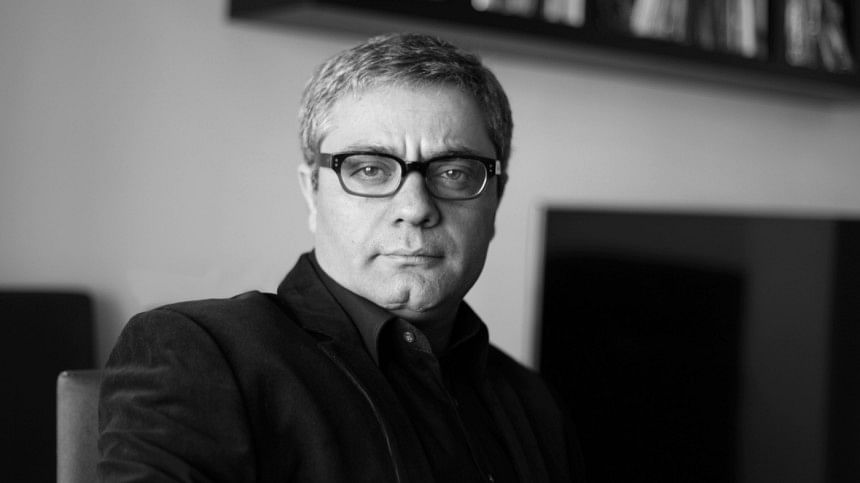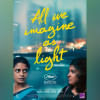‘I’m now a filmmaker in exile’

Exiled Iranian filmmaker Mohammad Rasoulof finds himself in a bittersweet predicament as his latest film, "The Seed of the Sacred Fig", representing Germany, vies for an Oscar. Despite its success, including awards at the Cannes Film Festival, Rasoulof remains conflicted, having been forced to flee Iran—a country where such a film would never have been permitted to compete at this level.

In an interview with AFP, Rasoulof emphasised the irony of the situation. "It is unimaginable that the Islamic Republic could have submitted a film like this for the Academy Awards," he remarked, adding that under Iran's strict regime, such a film would never have been made. Instead, "Sacred Fig", a suspenseful family drama set against Iran's repressive political climate, is Germany's official Oscar submission.
Produced by German and French studios, the film is now gearing up for its US theatrical debut.

Rasoulof, who fled Iran earlier this year after being sentenced to eight years in prison for criticising the regime, recognizes the importance of Germany's support. "I'm delighted Germany acknowledged the film's international significance," he said. "It's a message to filmmakers under oppressive regimes." However, his feelings are mixed. "It is bittersweet," he admitted. "I have very complex emotions."
The film is set against the "Women, Life, Freedom" protests that erupted in Iran two years ago after a young woman died in the custody of the morality police for violating the strict dress code. Hundreds of protesters were killed in the subsequent crackdown, events that serve as the film's backdrop.
"Sacred Fig" tells the story of Iman, a regime-affiliated investigator-judge, whose life spirals as he faces mounting political pressure to sign baseless death warrants. The strain disrupts his family, particularly after his gun mysteriously vanishes from their home.

Rasoulof, who risked his life to escape Iran just days before the film's Cannes premiere, attended the festival with photographs of the lead actors, many of whom remain in Iran under intense scrutiny. One star, Soheila Golestani, faces escalating legal pressures and is unable to leave the country.
While "Sacred Fig" eyes Oscar success, Iran's official submission, "In The Arms of the Tree", contrasts sharply. Praised by state media for showcasing Iran's "beauty" and "family values," it represents the regime's controlled narrative. Rasoulof criticised such films, stating, "They insult your intelligence."

Drawing inspiration from films like "Straw Dogs" and "The Shining", Rasoulof infused his work with genre-defying elements to create a fast-paced thriller. He is also developing an animated project on radical Iranian playwright Abbas Nalbandian, conceived as filming in Iran became impossible due to government restrictions.

Despite Germany's support, Rasoulof grapples with the pain of exile. "It's hard to accept that six months have passed... that I'm now a filmmaker in exile," he said. While grateful for international recognition, Rasoulof longs for his homeland, a poignant reminder of the personal cost of artistic freedom.

 For all latest news, follow The Daily Star's Google News channel.
For all latest news, follow The Daily Star's Google News channel. 









Comments